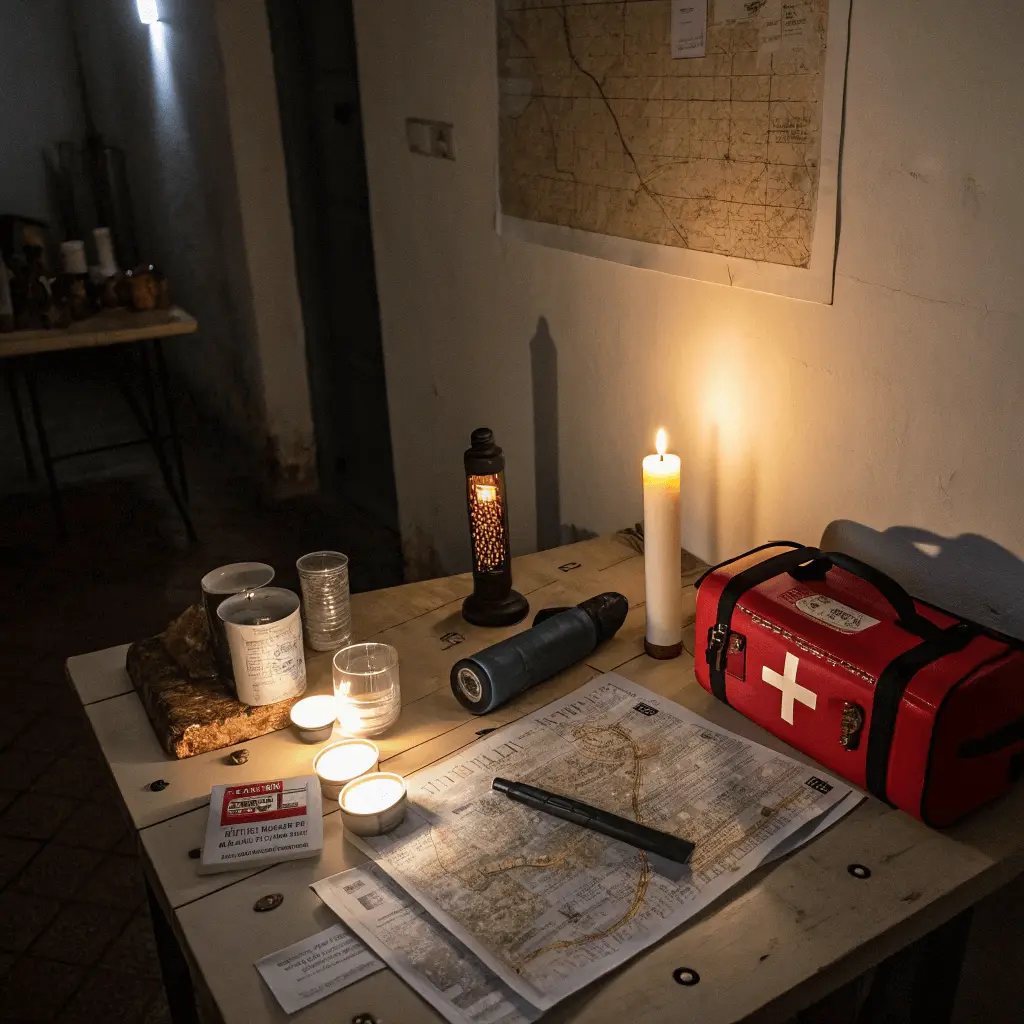Imagine this: it’s late evening, and you’re relaxing at home. Maybe the kids are watching a movie, dinner’s on the stove, your phone is charging. Then—bam. Total blackout. The power cuts out. Silence. No lights, no signal, no Wi-Fi. At first, it’s annoying. Maybe even a little fun. But as the hours tick by and your phone dies, the fridge warms up, and the temperature drops, things get real.
That’s when the question hits: Am I actually prepared for this?
We don’t think about the power grid much. It’s just there, working behind the scenes. Until it isn’t. And when it fails, it takes more than just the lights with it.
Outages are getting more frequent and more intense. Between extreme weather, aging infrastructure, and growing cyber threats, the grid is a fragile system. In 2021, millions in Texas lost power during a historic winter storm. In California, wildfires sparked rolling blackouts. And these are just the big headlines.
No one’s immune. Cities, suburbs, rural towns—everyone depends on the same shaky foundation.
When the power goes out, it’s easy to think it’ll come back soon. But what happens if it doesn’t?
You lose more than electricity. You lose communication. Your phone service drops out. The internet is gone. If you have a medical device that needs power, that’s a serious problem. Your water may stop running if you’re on a well system. Heat and AC? Forget it.
If you run a business, even a short outage can cause major disruption. Orders don’t go out, customers can’t reach you, and you can’t operate.
But beyond all that, there’s a deeper loss: control. You’re suddenly disconnected, isolated, and unsure what comes next. And that’s a dangerous place to be.
It’s uncomfortable to admit, but most of us are completely unprepared. We assume the worst won’t happen to us. Or we think having some bottled water and batteries is enough.
It’s not.
Ask yourself: if the grid went down for 24 hours, would you be okay? What about 72? A week?
People who have lived through major disasters often say the same thing: they didn’t realize how much they relied on communication until it was gone. No calls. No texts. No updates. Just radio silence.
There are countless stories of people who couldn’t reach loved ones, businesses that lost thousands, and communities left in chaos because they had no backup.
One family in Louisiana couldn’t call for help after a hurricane because every tower in their area was down. Their power stayed out for 10 days. Another small business owner in Oregon lost a week’s worth of sales during a wildfire evacuation because she had no way to keep in touch with her customers or vendors.
These aren’t outliers. They’re the new normal.
Preparedness isn’t just about stockpiling canned food and flashlights. It’s about having a real plan. That includes physical supplies, sure—but also the ability to communicate when everything else fails.
You need to stay connected. To my family. To emergency services. To your team. To information.
And that’s where most people drop the ball. Because communication systems are so invisible in our daily lives, we forget how essential they are until they’re gone.
In fact, many people overlook the importance of Emergency Communications BackUp Systems, even though they provide one of the few reliable ways to stay in touch when traditional infrastructure fails. Whether it’s for coordinating with family, checking in on employees, or simply getting news updates, these systems fill a critical gap during extended outages.
Let’s be real: your cell phone isn’t a lifeline in a major outage. If towers are down or overloaded, it becomes just a flashlight with a bad battery. Wi-Fi won’t help if your router has no power. Even landlines are disappearing.
That’s why emergency responders, remote workers, and military units don’t rely on traditional networks. They use satellite communication.
Because satellites don’t depend on local infrastructure, they keep working when the grid doesn’t.
You don’t need to be an extreme prepper or live in a bunker to need backup comms. You just need to be realistic.
If you live in an area prone to storms, wildfires, blackouts, or even just spotty service, having a backup system is smart. Period.
A satellite communicator or emergency satellite hotspot doesn’t just give you a way to call for help. It gives you peace of mind. You know you can reach out. You can be found. You’re not alone.
Getting prepared doesn’t have to be overwhelming. Start with the basics:
- Create a written emergency plan. Include contacts, meeting points, and medical info.
- Keep a kit with essentials: water, food, first-aid, flashlights, batteries.
- Consider backup power: a generator, solar charger, or battery pack.
- Most importantly, invest in an emergency communication system that works even when everything else doesn’t.
You don’t have to build it all at once. Just start. One step is better than none.
The thing about emergencies is they don’t give you a heads up. Once the grid goes down, it’s too late to order what you need or figure out a plan. You’re stuck with what you have.
So don’t wait for the lights to go out to realize what’s missing.
Ask yourself, right now: If everything shut off tonight, would I be ready?
If the answer is no—it’s time to change that.
Because when disaster strikes, being connected isn’t a luxury. It’s survival. It’s protection. And it might be the one thing that saves everything else.

